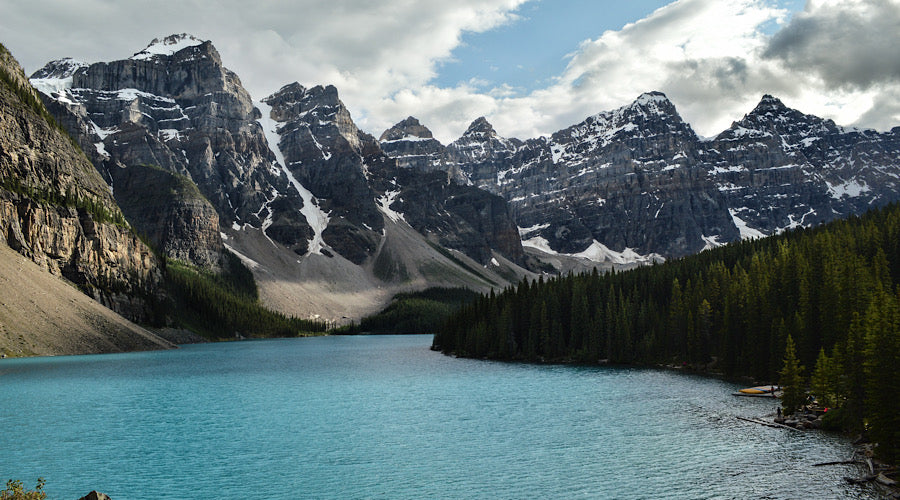
What is Decaffeinated Coffee Decaf?
Many people want a good cup of coffee but are concerned about caffeine. There are many reasons for this, such as pregnant women, stomach pains from drinking too much coffee, and so on. Recently, decaf and decaffeinated coffees are becoming more and more common. In the past, decaffeinated coffee tended to be avoided because of its sour or astringent taste. In recent years, however, methods for removing caffeine from coffee beans have improved, and the taste and quality of coffee is now top-notch. Let's take a look at how decaffeination is actually achieved.
What is decaffeination?
Coffee, green tea, and cola all contain caffeine. Caffeine is known to increase motivation and make people sleepy, but it also has many negative effects, such as diuretic effects, effects on the fetus, iron absorption blockage, and light dependence that can cause headaches, so it should be avoided, especially during pregnancy.
Decaffeination is the intentional removal of caffeine from foods and beverages that originally contain caffeine, or the addition of caffeine during the manufacturing process. The names "decaffeinated" and "caffeine-free" are often used, and decaffeinated coffee is coffee that does not contain caffeine.
The Decaffeination Process
Coffee beans originally contain caffeine, so roasting and extracting coffee as is will of course result in a lot of caffeine in the liquid. Nowadays, caffeine can be decaffeinated in the raw bean state, making it safe to drink even for those who wish to reduce their caffeine intake or who are pregnant. The main methods of decaffeination include the following
Water method
This method uses water to extract only the caffeine component of the coffee. Water is passed through a tank filled with green coffee beans, and only the caffeine is removed from the extracted aqueous solution using an organic solvent, which is then circulated back into the green bean tank. Since the organic solvent does not come into direct contact with the green beans, the process is relatively safe and has the advantage of minimizing the leakage of other ingredients. Because of its low cost and efficient decaffeination, this method is now widely used as the mainstream decaffeination method.
Organic Solvent Method
This method uses chemicals to extract caffeine from coffee. Soaking green coffee beans in an organic solvent removes the caffeine component, but has the disadvantage that other components tend to leach out, resulting in a loss of taste and aroma. This method was commonly used until the water method was developed, and is still used in some decaffeination methods today because it is inexpensive and decaffeination is possible. However, since there is a risk that residual organic solvents may be harmful to the body, coffee decaffeinated with organic solvents cannot be sold in Japan.
Carbon dioxide method
Also called supercritical carbon dioxide extraction, this is the newest method of extracting caffeine. The mechanism is a bit difficult to explain, but when carbon dioxide is pressurized and heated, it becomes a supercritical fluid that has both gaseous and liquid properties. By passing it through green coffee beans, only the caffeine component is removed, making it the safest decaffeination method because it does not use drugs. However, the high cost of decaffeination has the disadvantage of making coffee beans more expensive.
Taste of Decaffeinated Coffee
As mentioned above, decaffeinated coffee tends to give the impression of a decaffeinated coffee, but this is not the case. It is true that the process of decaffeination does cause some components other than caffeine to leak out, so it cannot be exactly the same, but with recent advances in technology, there are beans that taste quite good and are on the same level as regular coffee.
Caffeine itself has a bitter taste, so drinking decaffeinated coffee tastes less bitter and more refreshing. This is why decaffeinated coffee beans are often about the color of a medium roast, even a medium-deep roast. One step deeper than the normal degree of roasting is enough to make it refreshing enough to your liking.
Thus, decaffeinated coffee can be drunk without worrying about the amount of caffeine, making it safe for people who drink a lot of coffee or are pregnant to enjoy.
BONGENCOFFEE
shirafushicoffeeroasters
2-16-3 Ginza, Chuo-ku, Tokyo
03-6264-3988
support@ginza-bongen.jp
https://bongen-shirafushi-coffee.com
Weekdays, weekends and holidays
10:00-19:00
Ginza station 8 min.
Higashi-ginza station 4 min.
Tsukiji station 6 min.